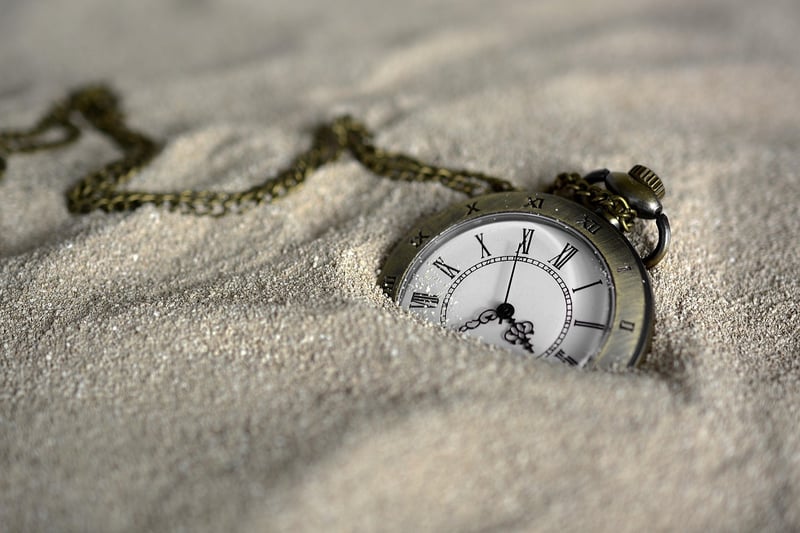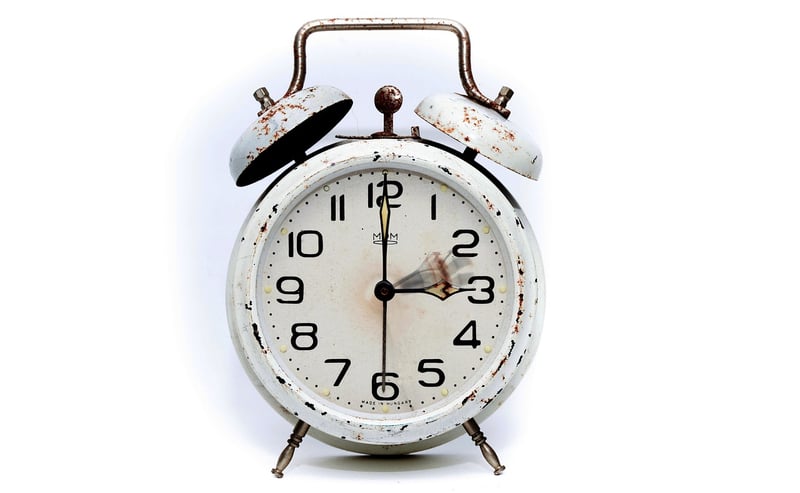Temporal Loops
The Consequences of Time Travel and Temporal Loops
Introduction
Time travel has been a popular concept in science fiction for decades, allowing characters to journey to the past or future. However, the consequences of time travel can be complex and far-reaching, especially when it comes to temporal loops.
Consequences of Time Travel
Time travel can have significant consequences on the timeline and the individuals involved. Some of the key consequences include:
- Altering the course of history: Changing even a small event in the past can have ripple effects that alter the future in unforeseen ways.
- Creating paradoxes: Time travel can create paradoxes where events loop back on themselves, leading to logical inconsistencies.
- Changing personal identities: Meeting one's past or future self can lead to identity crises and existential questions.
- Ethical dilemmas: Deciding whether to interfere with historical events or prevent future tragedies can raise ethical dilemmas with no easy answers.
Temporal Loops
Temporal loops are a common consequence of time travel where events repeat themselves in a continuous cycle. Some of the characteristics of temporal loops include:
- Repeating events: In a temporal loop, the same events unfold over and over again without variation.
- Memory loss: Characters trapped in a temporal loop often lose their memories with each iteration, reliving the same events without awareness.
- Breakout attempts: Characters may try to break out of the loop by making different choices or finding a way to disrupt the cycle.
Conclusion
Time travel and temporal loops offer intriguing storytelling possibilities, but they also raise profound questions about causality, free will, and the nature of reality. Exploring the consequences of time travel can lead to thought-provoking narratives that challenge our understanding of the universe.


